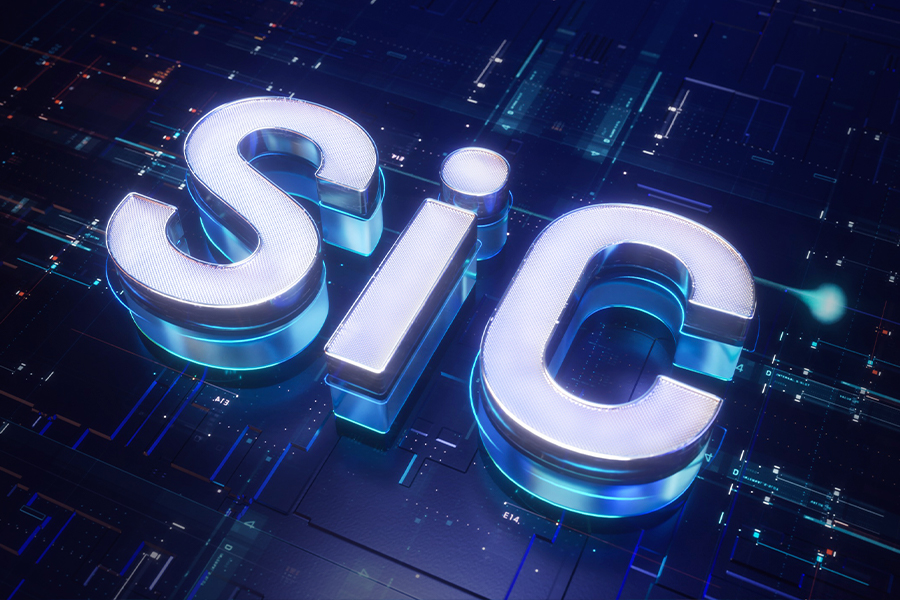ON Semiconductor launches new silicon carbide chips to improve energy efficiency in AI data centers
Onsemi has launched a series of silicon carbide (SiC) chips aimed at making data centers that drive artificial intelligence (AI) services more energy-efficient by drawing on technology already sold for electric vehicles.
Onsemi is one of the few suppliers of silicon carbide chips, which is a substitute for traditional silicon components and has higher manufacturing costs, but is more efficient in converting electricity from one form to another. In recent years, silicon carbide has been widely used in electric vehicles, and the use of such chips can improve the vehicle's range.
Simon Keeton, President of Onsemi Power Solutions Division, stated that in a typical data center, electricity needs to be converted at least four times from entering a building to being ultimately used by chips for work. He stated that approximately 12% of the electricity will be lost in the form of heat during these conversion processes.
"The companies that actually use these devices - Amazon, Google, and Microsoft - will suffer double losses due to these losses," Simon Keeton said. "Firstly, they have to pay for the electricity lost in the form of heat. Then, because the electricity is lost in the form of heat, they also have to pay electricity bills to cool the data center."
Onsemi believes that these power losses can be reduced by a full 1%. Although 1% may not sound like much, people's estimates of how much electricity AI data centers will consume are shocking. The institution expects that the global power demand for data centers will reach approximately 1000 terawatt hours (TWh) in less than two years.
Simon Keeton said that 1% of this total is "enough to provide one million households with electricity for a year. Therefore, this prompts us to think about how to further improve power loss."
Simon Keeton, President of Onsemi Power Solutions Division, stated that in a typical data center, electricity needs to be converted at least four times from entering a building to being ultimately used by chips for work. He stated that approximately 12% of the electricity will be lost in the form of heat during these conversion processes.
"The companies that actually use these devices - Amazon, Google, and Microsoft - will suffer double losses due to these losses," Simon Keeton said. "Firstly, they have to pay for the electricity lost in the form of heat. Then, because the electricity is lost in the form of heat, they also have to pay electricity bills to cool the data center."
Onsemi believes that these power losses can be reduced by a full 1%. Although 1% may not sound like much, people's estimates of how much electricity AI data centers will consume are shocking. The institution expects that the global power demand for data centers will reach approximately 1000 terawatt hours (TWh) in less than two years.
Simon Keeton said that 1% of this total is "enough to provide one million households with electricity for a year. Therefore, this prompts us to think about how to further improve power loss."